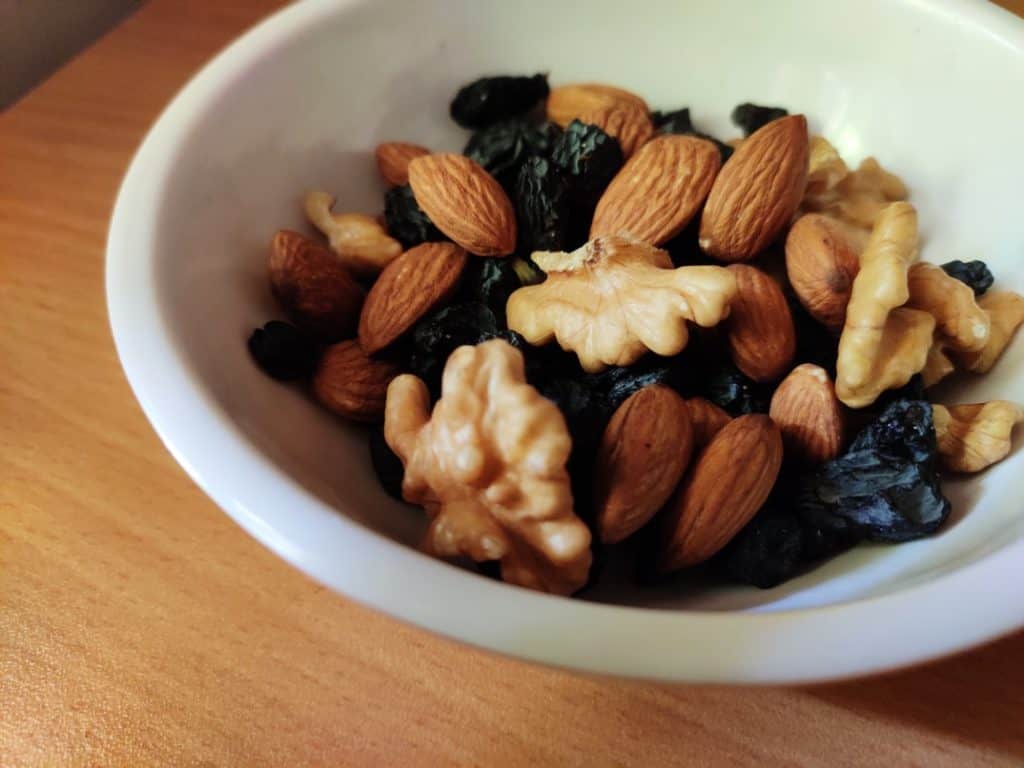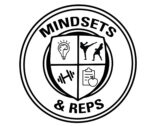
Choosing the best diet is often geared toward a physical result rather than mental. But food choices have just as profound an impact on focus and mental energy as they do for workouts.
Everyone has experienced brain fog and lethargy after a heavy meal full of the wrong types of food. It can be hard to get back into a productive mindset after this occurs.
Many jobs require hours of deep work on a daily basis. Deep work is uninterrupted, focused work on a specific task. Examples of these occupations include software engineers, computer programmers, data scientists, data analysts, and coders.
The fields of programming, coding, and machine learning are not only competitive, they’re never ending. Things are constantly changing and there are always skills to improve upon. It is often the people that can consistently learn that find the most success.
The right diet can allow an individual to enter and remain in this deep work state more efficiently. Diet is often overlooked in the tech world. Most developers just chug a pot of coffee and consider that their productivity diet hack for the day.
Choosing the best diet for computer programmers isn’t difficult. In fact, it’s more about choosing the right nutrients rather than specific foods. Of course, nutrients and food choices are not mutually exclusive. Point being, there are numerous options to put together the right diet for you.
Choosing the Proper Macronutrients
The goal of any programmer doing long, mentally draining work is to have sustained energy throughout. Loading up on sugar and caffeine will provide quick energy, but the crash is inevitable.
In addition, having too much energy at once can make it just as hard to focus as having no energy at all. A proper balance is necessary to reach optimal levels of productivity.
With that said, sugar/carbohydrates are not the enemy. Carbohydrates are a great source of energy for the brain. However, we need that energy to come slow and steady.
Carbohydrates are generally a fast digesting nutrient. Within the paradigm of carbohydrates are simple and complex carbs. The difference between the two is sometimes overblown, but the fact remains that complex carbs will digest a bit more slowly.
Complex carbs, like oats or potatoes, are long chains of glucose that take longer to digest, compared to simple sugars which digest more quickly.
To further slow the rate of digestion and absorption, carbohydrates should be paired with fats. Fiber is also an option as it too slows digestion of other nutrients.
Protein falls between carbohydrates and fats in terms of digestion rate. Although protein is not a primary energy source (it is used mainly for the repair of muscle and other tissue), it should not be ignored in the diet.
A good meal to sustain you for 3-4 hours would contain about 50 grams of carbohydrates, 20 grams of fat, and 20 grams of protein (more on food choices later).
Some people like to go the no carb route, and consume just fats, protein, and fiber. This works for many people but keep in mind that there may be an adjustment period. Since the body and brain prefer to use glucose, it can take time to transition from carbs as the main fuel source to fats.
Some people even like to fast for long periods while working. Again, this works for many, but may take time getting used to. While the benefits of fasting can be overreaching at times, there’s no denying that some people have a clearer mind and can focus more while fasting.
Nutrients for Mental Focus
Consider formulating a diet for software engineers and computer programmers as a multi-step process. After nailing down the macronutrient portion, you can look into individual micronutrients that boost cognitive abilities.
One such nutrient is choline. Choline, which converts to acetylcholine in the body, may help with tasks involving learning. Sources of choline include whole eggs, beef and nuts.
Blueberries are high in antioxidants which may help improve cognition. These antioxidants are called anthocyanins, which give blueberries and other fruits their color. It is one of the most powerful foods for general health, wellness, and longevity. This is key, particularly with sedentary jobs like programming and computer engineering that can negatively impact health in the long run.
Catechins, found in green tea, have also been shown to improve cognition in the short term.
Some nutrients are best consumed as dietary supplements, as it can be difficult to get adequate amounts from food alone. Nootropics are a class of supplements thought to induce positive changes in brain health.
Rhodiola is an herb shown to improve cognition in a unique manner, through reduction of fatigue. Programmers and computer scientists are all too familiar with “burnout.” Rhodiola has been shown to reduce this effect.
Similarly, while ashwagandha does not have a direct impact on mental focus, it is perhaps the best supplement for reductions in stress and anxiety. As a result of this effect, it has been shown to indirectly improve motivation.
Omega-3 fatty acids can also reduce stress hormones like cortisol. Found naturally in fish like salmon, people who don’t normally eat fish can supplement with a quality fish oil product.

Hydration
Hydration is also vital in computer programming. A single percentage point decrease in hydration can cause massive performance decrements. Aim to consume at least a half ounce of water per pound of body weight per day.
Hydration is not limited to drinking water. Many fruits and vegetables have high water content. There’s a reason watermelons were given their name.
Hydration can be expanded into electrolyte consumption as well. Sodium is typically not an issue, but many people lack critical electrolytes like potassium and magnesium. Magnesium is involved in a multitude of internal bodily functions.
Sources of potassium include potatoes, coconut water, and avocados. Sources of magnesium include nuts and green leafy vegetables like spinach.
Food Choices
With the roadmap in place, it’s time to choose the right foods to improve mental focus for long term computer programming and engineering projects.
As mentioned, we want a combination of healthy carbohydrates and fats for sustained energy. Ideally we would want complex carbohydrates and fats to slow digestion further. Meal examples would include a bowl of oatmeal with peanut butter, chicken with rice and broccoli cooked in olive oil, or steak and potatoes.

Certain situations call for something more convenient. You may not have time to prepare a meal or it may be late at night where you can’t order food. An easy, healthy carb and fat combo snack would be nuts with dried fruit, dark chocolate (the cacao in dark chocolate also has cognitive benefits), or a protein bar.
Notice that most of the options listed contain minimally processed, whole foods. These foods naturally contain more vitamins and minerals than processed foods. This is not to demonize processed foods in any way, but you want to gain every positive benefit you can from what you eat. Processed foods also tend to have a greater impact on blood sugar, which can lead to crashes.
Consuming the bulk of your foods in the form of whole grains, fruits, vegetables, healthy oils, nuts, and lean meats is a good strategy for success.
